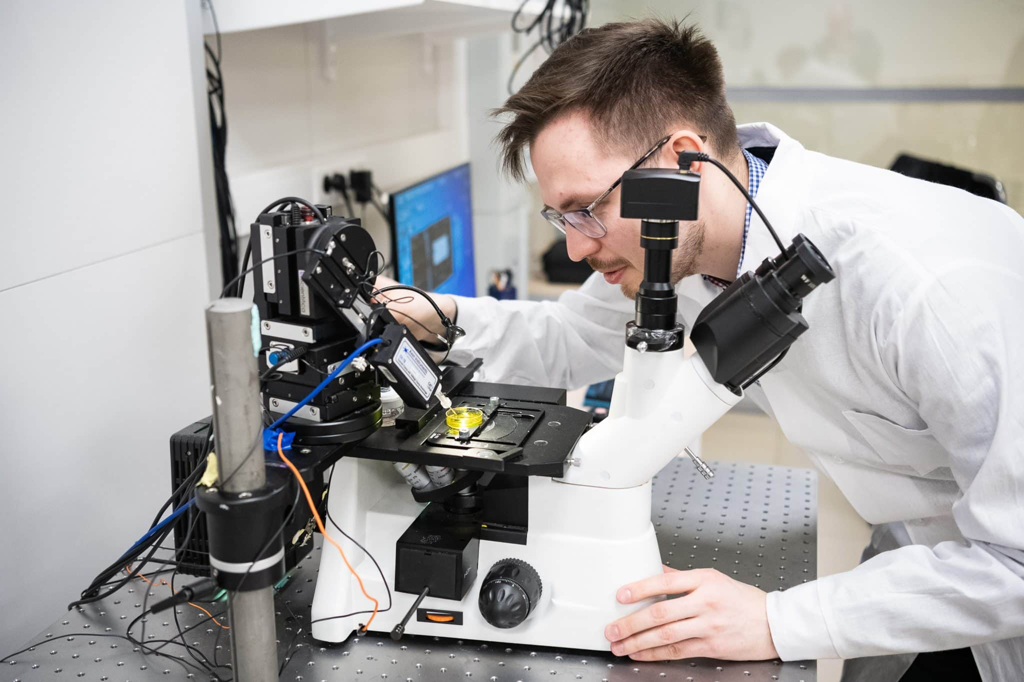A universal nanosensor will aid in the early diagnosis of diseases.
Disruption of copper metabolism in the body can lead to severe consequences, including cancer and diseases such as Alzheimer's, Wilson's disease, Menkes disease, and others. Early detection of these pathologies and monitoring their progression can be achieved through precise identification of copper ions in cells, as well as evaluating the ability of tissues and organs to accumulate copper-containing compounds.
Conventional sensors are unable to perform procedures without damaging the body's cells. Researchers at NITU MISIS have addressed this issue by developing a universal nanoscale electrochemical sensor for accurate quantitative detection of copper not only in individual cells but also in 3D models of malignant formations, actual tumors, and entire organs.

"Copper imbalance can be either a cause or a consequence of serious disorders in the body. The new sensor allows for faster and more accurate determination of metal ion concentrations compared to existing alternatives. Due to the size of the nanoelectrode, the procedure is minimally invasive and safe for living organisms," noted Alexander Erofeev, PhD in Physics and Mathematics, head of the Biophysics Laboratory at NITU MISIS.
The sensor consists of nanoscale capillaries—hollow quartz tubes modified with carbon, gold, and a compound for binding copper. The operating principle is based on the electrochemical oxidation and reduction reaction of copper, which is detected using cyclic voltammetry. Details of the work are published in the scientific journal Analytical Chemistry (Q1).
"The nanoelectrode will help diagnose diseases more accurately and analyze the dynamics of treatment. Moreover, the sensor can indirectly assess the effectiveness of anticancer, antifungal, and antimicrobial drugs that contain copper," explained Roman Timoshenko, an engineer in the scientific project at the Biophysics Laboratory of NITU MISIS.
"The team of researchers at MISIS University, led by Alexander Erofeev, has been working for several years on creating innovative medical technologies that will simplify the diagnosis and treatment of various hereditary and oncological diseases in the future. The new high-precision sensor for measuring copper levels in the body developed by our scientists has several advantages over existing alternatives: it is more accurate, less invasive, and provides faster results," said Alevtina Chernikova, rector of NITU MISIS.
In the future, the researchers plan to integrate the sensor into a complete miniature device designed for long-term monitoring of metals in living organisms.